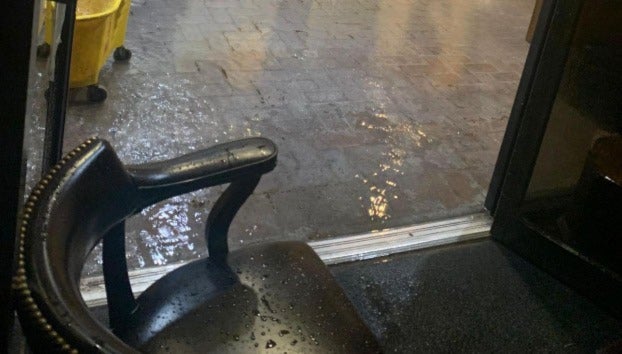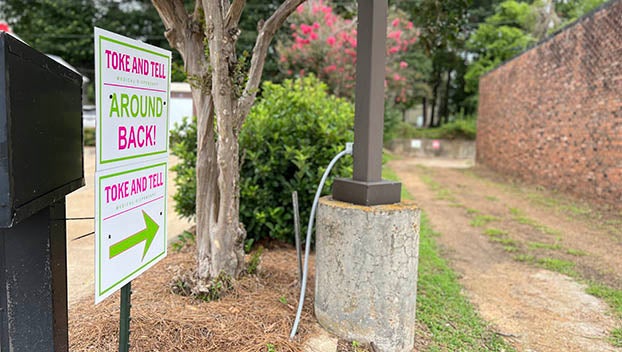Record-size black bear killed in vehicle crash
Published 1:30 am Thursday, April 13, 2017
NATCHEZ — A record-size Louisiana black bear was killed when a vehicle collided with the bear last week on U.S. 61 in Wilkinson County just south of the Doloroso community.
A 2001 Chevrolet Suburban driven southbound by Rosa Robinson, 53, of Woodville struck the full-grown male bear weighing 468 pounds — the largest ever recorded in Mississippi — on the roadway.
The collision, which occurred April 5, significantly damaged the SUV, but no serious injuries were reported. The accident report filed by the Mississippi Highway Patrol indicated the vehicle had five passengers, some of which complained of pain following the accident.
The Mississippi Department of Wildlife, Fisheries and Parks took possession of the bear’s carcass.
MDWFP Black Bear Program Leader Richard Rummel said the bear’s body is currently being stored in a freezer at the Mississippi Museum of Natural History in Jackson.
“Of those that we have handled or weighed, it has been the largest,” Rummel said. “We have had one around 439 pounds, but this is by far the largest we have ever been able to (record).”
The bears that are normally weighed, Rummel said, are trapped and radio-collared for research then released.
The department is currently evaluating the preservation of the bear, Rummel said, but it will eventually be used for educational purposes.
The bear was in excellent condition when it died, Rummel said, with a thick coat of hair and suffering only a small cut on its right shoulder and injuries to its front paws.
MDWFP utilizes bear hides, skulls and various parts of a bear’s skeletons for exhibits at the museum or for educational programs mostly for children that are hosted by the department. A full mount of the bear might also be possible, Rummel said.
A few bears inhabit Southwest Mississippi, but Rummel said an exact number was not known.
“We know there are a few bears in that area, down in Adams and Wilkinson counties, but we don’t currently have any with radio collars and don’t know exactly how many,” he said.





